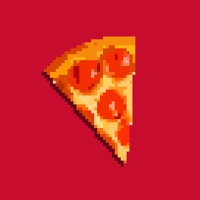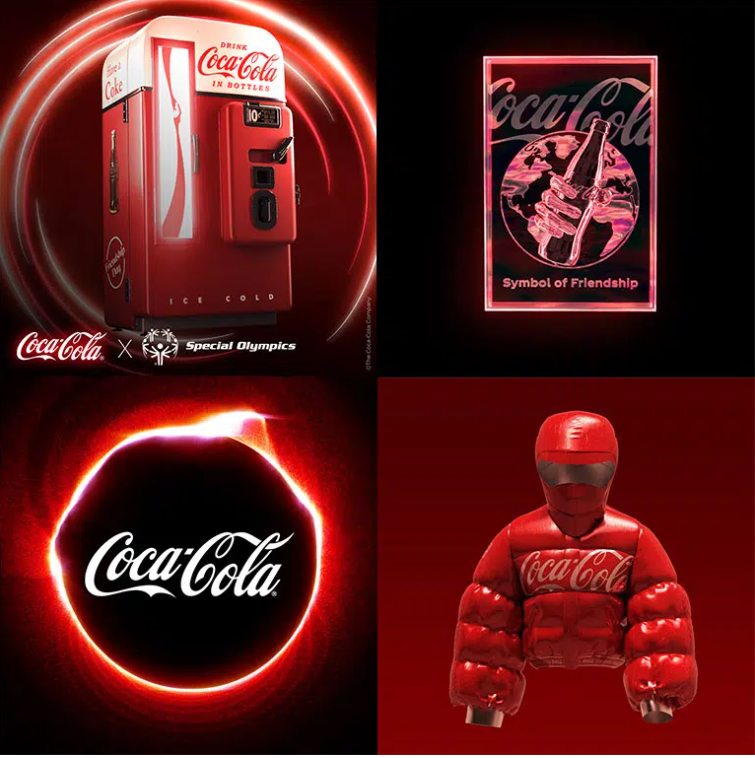By Marc Cervera – After the initial craze of Non-fungible tokens (NFTs) during the cryptocurrency bull market of 2021, food companies are now experimenting with the opportunities brought by this internet-based technology.
During the August Q3 fiscal 2022 earnings call, Howard Schultz, interim CEO of Starbucks, opened the door for Starbucks NFT collectibles to reach the company’s rewards programs this September.
“We believe this new digital Web3-enabled initiative will allow us to build on the current Starbucks Rewards engagement model with its powerful spend to earn stars approach while also introducing new methods of emotionally engaging customers, expanding our digital third place community, and offering a broader set of rewards, integrating our digital Starbucks Rewards ecosystem with Starbucks-branded digital collectibles as both a reward and a community building element,” says Schultz.
The coffee chain says Web3 is an umbrella term for concepts such as decentralization, blockchain technologies and tokenomics – token-based economics.

“Many people see NFTs as a new form of ownership of digital art, often traded in a highly speculative way. While that’s been true on some level in the early days in the space, we are fascinated by how NFTs allow people to own a programmable, brandable digital asset, that also doubles as an access pass,” explains the company.
“We believe NFTs have broad potential to create an expanded, shared-ownership model for loyalty, the offering of unique experiences, community building, storytelling, and customer engagement,” the business highlights.
Starbucks revealed that they are not married to any blockchain of the many available. Still, it flagged that sustainability is a priority, which would leave out the tokens based on proof of work technology (bannered by Bitcoin) and involves using energy to “mine” new tokens.
“We plan to take a phased approach here, willing to move fast, experiment, learn and collaborate. We plan to start with our first NFT collection, membership and community later this year, based on coffee art and storytelling,” the business underscores.
During the 2021 NFT boom, McDonald’s Burger King and Pizza Hut jumped onto the bandwagon, releasing their own NFTs.
As of yet, McDonald’s hasn’t delved much further into NFTs after the initial release, but some local branches like McDonald’s Italy have collaborated with digital artists to launch sets of NFTs.
Burger King opted to follow a reward-based NFT strategy, where customers had to scan QR codes in their meal boxes to find a digital collectible; once four collectibles were found, it gave customers an NFT linked to price rewards like free meals.
Pizza Hut Canada created its NFTs, which included pizza recipes. This year, the pizza company launched a new set of NFTs that provided exclusive access to an AR-enabled comic book.

Exclusivity is another trend of NFTs. To name an example, Yes Plz, a Los Angeles coffee chain, offers a coffee subscription to its members with an NFT; for each NFT, you can get one bag of coffee periodically.
NFTs encoded with food recipes are also trendy, as a market for chefs selling their recipes and earning royalties when they are re-sold has emerged on multiple websites and is based on different crypto tokens.
Gaming culture is also interlinked with the metaverse, with Coca-Cola unveiling “the first-ever Coca-Cola flavor born in the metaverse this April.” Hosting immersive experiences on the video game Fortnite, the brand also created its own AR minigame and has its own sets of NFTs.




















